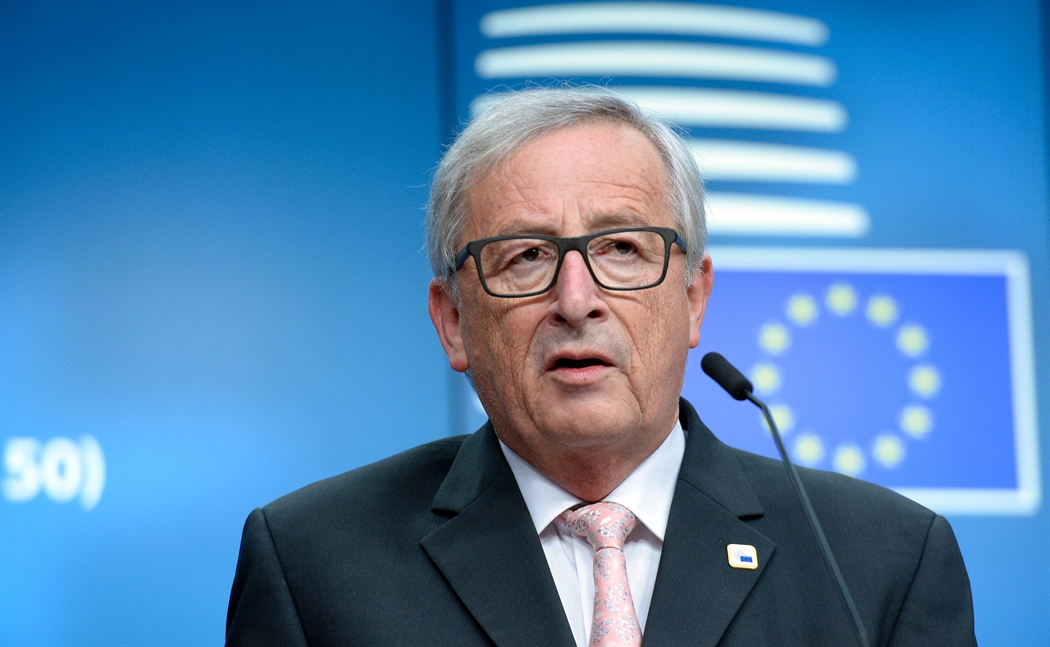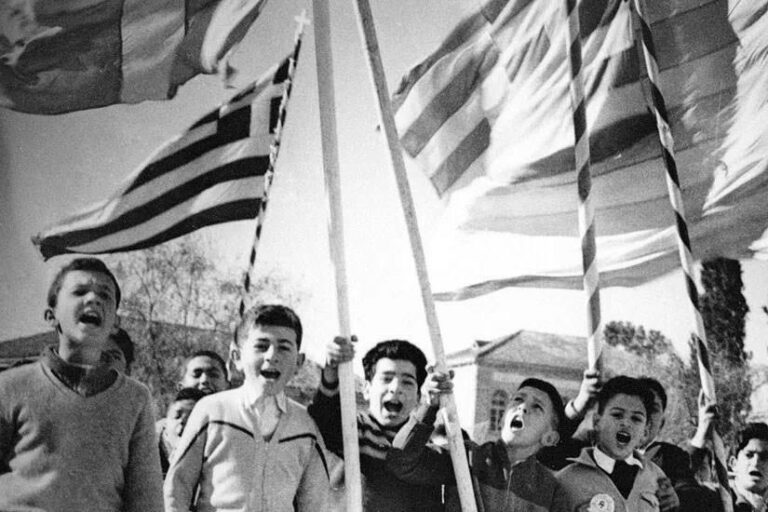Nine months before the European Parliament elections, preliminary consultations are underway as to who will succeed Jean Claude Juncker as president of the European Commission.
EU diplomatic sources said the crucial vote will be decisive in determining the future direction of the EU.
For the first time in decades, a German candidate – Bavarian politician Manfred Weber, vice president of Germany’s CSU party and head of the European People’s Party group (EPP) — is reported to be considering throwing his hat into the ring.
According to the Suddeutsche Zeitung newspaper Weber is exploring the prospects of becoming the first German to head the European Commission since Walter Hallstein in the 1960s but faces significant obstacles.
The parliamentary group of the EPP meets on Wednesday with Weber expected to show his cards then. Angela Merkel’s CDU and their Bavarian partners in the CSU will discuss their choice of candidate on September 10. Chancellor Merkel’s official support is seen as crucial.
Weber met Merkel in Berlin last week with media reports saying Merkel has no objection to Weber being named the EPP’s candidate but this will require the support of other EPP parties.
According to Suddeutsche Zeitung, a German European Commission president may not automatically be helpful for Merkel, particularly in southern Europe where resentment against Germany in the wake of the euro crisis still lingers.
Merkel had found a good choice in the moderate Juncker, it added, as he proved reliable on important issues such as the EU-Turkey agreement, the refugee crisis and duties. The two are expected to meet in Berlin on Tuesday and the issue of his succession is expected to figure in their talks.
For its part Italy’s Corriere Della Sera sees the choice of Weber as candidate as an attempt to transform the EPP into a conservative movement with a clearer right wing orientation which can attract a growing number of Europeans being wooed by xenophobic parties.
It said that Weber wants tougher migration policy which would make him an ideal ‘bridge’ to the right represented by Hungary’s Prime Minister Viktor Orban, it added.
Weber faces acute competition within the EPP. Finland’s Alexander Stubb, vice chairman of the EIB, has indicated that he may seek the nomination. He is seen as more experienced than Weber having served as prime minister and finance minister. He is also fluent in English, French and German – which is not the case for Weber.
The EPP is expected to choose its candidate at its conference on November 7 and 8.
Even though the EPP may again emerge the strongest political force in the EP elections, it does not necessarily mean it can clinch the top post in the European Commission.
Populists are expected to see a significant increase, which could require Juncker’s successor to secure the support of the Social Democrats.
Diplomatic sources told the Athens News Agency that the S&D group wants to field its own candidate with the names being floated including France’s Economic and Financial Affairs Commissioner Pierre Moscovici, EU high representative for foreign policy Federica Mogherini, an Italian, and the EU Commission vice chairman Frans Timmermans who is Dutch. The party’s conference will be held on December 8.
Attention is also turned to Paris where French president Emanuel Macron’s La République en marche will review its EU strategy on Tuesday.
Macron could attract members from all European Parliament groups and change the balance of power. Sources in Paris said Macron would like to see Danish Competition Commissioner Margrethe Vestager succeed Juncker. Though she comes from a non-Eurozone country she is seen as a strong personality and is very popular in Brussels.















